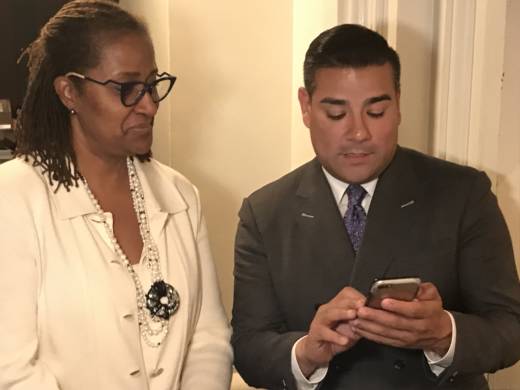Gov. Jerry Brown bucked prosecutors and some other law enforcement groups Wednesday, signing a package of bills, including some that will shorten many prison and jail sentences for both juveniles and adults.
Brown has made rolling back some of California's harsh sentencing laws one of his signature issues, and several of the bills he signed Wednesday build upon laws and policies he's pushed over the past seven years. His office described the package as "legislation to improve criminal and juvenile justice systems, restore the power of judges to impose criminal sentences and reduce recidivism through increased rehabilitation."
Among the measures are two bills that will make both young and elderly prisoners eligible for parole sooner. In a signing message attached to the bill dealing with elderly prisoners, the governor urged lawmakers to go even further next year and broaden the pool of eligible inmates, saying an existing program to parole older prisoners that was imposed by a federal court but had not previously been codified into law shows that there's no risk to public safety.
"This has been a successful program that saves the state a significant amount of money that would otherwise be spent caring for geriatric prisoners who no longer pose a risk to public safety," he wrote.

